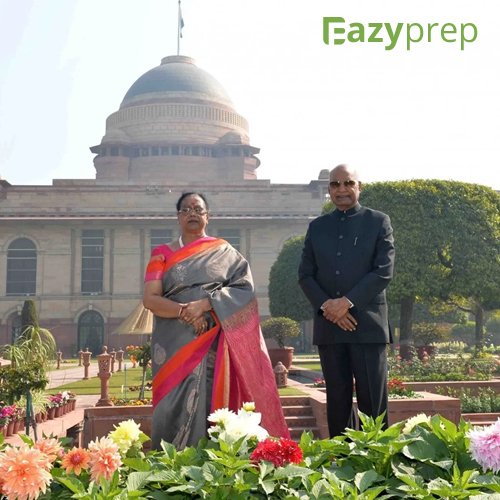![]()
- Science & Technology
NavIC system now on smartphones

NavIC is India’s own navigation system, similar to the U.S.’ GPS. Smartphones with the latest Qualcomm chipsets can now latch on to NavIC. NavIC works based on the Indian Regional Navigation Satellite System (IRNSS). There are currently eight IRNSS satellites in geosynchronous and geostationary orbits. NavIC will provide drivers and other users in India with visual and voice navigation. Its primary beneficiaries will be Indian mariners and fishermen, who are being provided with NavIC handsets. NavIC is designed for a position accuracy better than 20 metres in India, its primary coverage area. An area of 1,500 km from the Indian boundary will also be covered by this system.
Quick Facts: The major navigation systems of the world are GPS (US), Beidou (China), Glonass (Russia), NAVIC (India) & Galileo (European Union).
Key Takeaways: NAVIC will provide a Standard Positioning Service to all users and an encrypted Restricted Service to authorised users.
2. Science & Technology
One in 10 Indians will develop cancer during their lifetime: World Cancer Report

WHO and its specialized International Agency for Research on Cancer (IARC) have released two reports: one aimed at setting the global agenda on the disease; the other focused on research and prevention. WHO warned that global cancer rates could rise by 60% over the next 20 years unless cancer care is ramped up in low and middle-income countries.
Quick Facts: World Cancer Report is published by WHO.
3. History, Art & Culture
Discovery of temples atop Kondaveedu Fort throws light on ancient civilisation

Remnants of Lakshmi Narasimha Swamy Temple atop the hill and some idols have been found along with a pond, a Shiva temple and a mandapam. Some temples have been built by Miriyala dynasty. This discovery gives credence to the history of the fort being a citadel of power since 11th century The remnants indicate that the kings had patronised cultural forms, literature and performed many rituals for the well being of their kingdoms.
Quick Facts: The Kondaveedu fort is located in Guntur, Andhra Pradesh.
4. World Affairs
G-7 agrees to work with WHO, EU, China to tackle Coronavirus

The Group of Seven leading industrialized democracies, G-7 have agreed to work with the WHO, EU and China seeking a unified procedure to tackle the fast-spreading Novel Coronavirus. The countries agreed that isolated approaches were less likely to succeed against the global risks posed by the virus. Health Ministers of Germany, Britain and France are expected to meet today. They are likely to coordinate their approach on travel regulations and precautions as well as research into the virus.
Key Takeaways: The G7 countries are: Canada, France, Germany, Italy, Japan, the United Kingdom and the United States.
5. Miscellaneous
Prez Kovind inaugurates annual Udyanotsav at Rashtrapati Bhavan

President Ram Nath Kovind today opened the annual Udyanotsav of Rashtrapati Bhavan. The Mughal Gardens at Rashtrapati Bhavan will be opened for the general public from today. The main attraction of this year’s Udyanotsav, beside Tulips and Exotic flowers, are bulbous flowerings.
Quick Facts: The British architect Sir Edwin Landseer Lutyens was the architect of both the Rashtrapati Bhawan & Mughal Gardens.
6. World Affairs
The Maldives rejoins Commonwealth as 54th member

The Maldives has rejoined the Commonwealth of Nations after its exit in 2016. The inclusion of Maldives into the Commonwealth has become effective just after the exit of the United Kingdom from the European Union.
Quick Facts: The Commonwealth of Nations, generally known simply as the Commonwealth, is a political association of 54 member states, mostly former territories of the British Empire.

